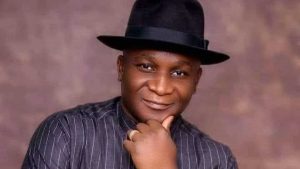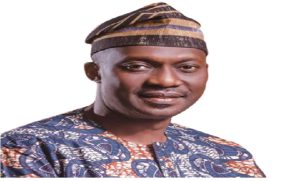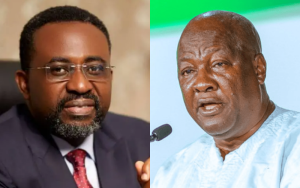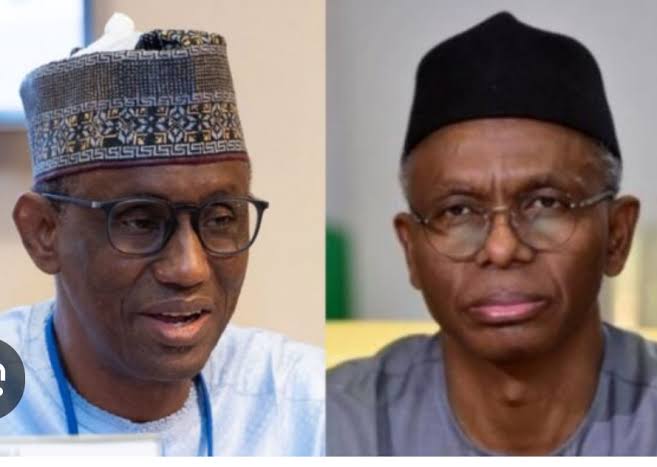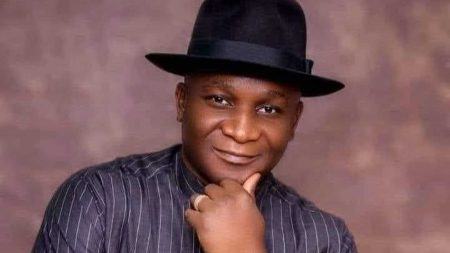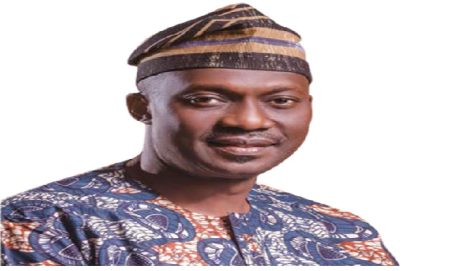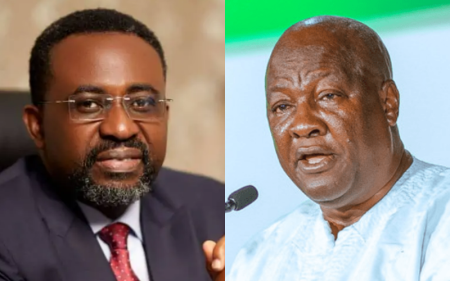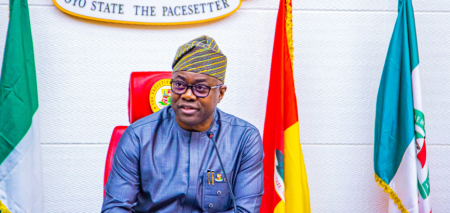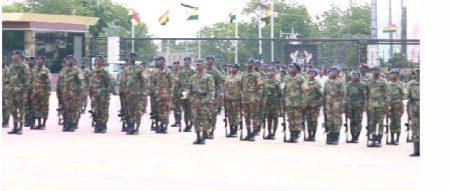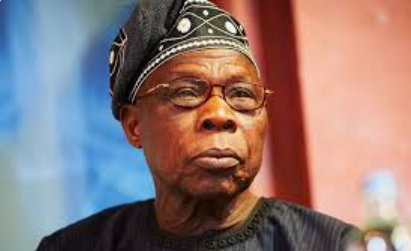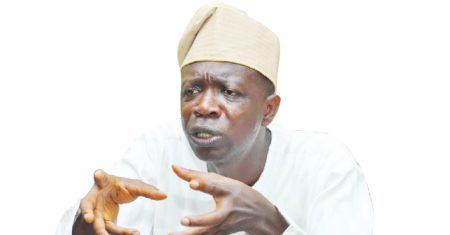Paragraph 1: The Genesis of the Dispute
The political landscape in Nigeria recently witnessed a public exchange between two prominent figures: Nuhu Ribadu, the National Security Adviser (NSA), and Nasir El-Rufai, the former Governor of Kaduna State. The discord stemmed from allegations leveled by El-Rufai during an interview with Arise TV, where he accused Ribadu of orchestrating a campaign to tarnish his reputation. El-Rufai claimed that Ribadu was collaborating with Governor Uba Sani of Kaduna State and the Independent Corrupt Practices and Other Related Offences Commission (ICPC) to damage his image, alleging that Ribadu’s motivation stemmed from a purported presidential ambition for 2031.
Paragraph 2: Ribadu’s Rebuttal and Denial
In response to El-Rufai’s accusations, Ribadu issued a statement via his official X (formerly Twitter) handle, vehemently denying the allegations. He categorically stated that he was not involved in any scheme to disparage El-Rufai and emphasized that his current focus was solely on his duties as NSA and supporting the success of President Bola Tinubu’s administration. He dismissed El-Rufai’s claims as baseless and urged the public to disregard them.
Paragraph 3: Ribadu’s Emphasis on National Service
Ribadu further clarified that he had never discussed any presidential aspirations for 2031 with anyone, emphasizing his commitment to serving the nation in his present capacity. He stressed the importance of his national security role and sought to distance himself from political maneuvering, portraying himself as dedicated to the nation’s well-being and the success of the current administration.
Paragraph 4: Contextualizing the Accusations
El-Rufai’s accusations against Ribadu appear grounded in a perceived political rivalry. El-Rufai, known for his outspokenness and often controversial stances, may have seen Ribadu as a potential obstacle to his own political ambitions. The claim of a 2031 presidential bid by Ribadu, while denied, served as the alleged motive for the supposed smear campaign.
Paragraph 5: Analyzing Ribadu’s Response
Ribadu’s response was carefully crafted to address the accusations directly while avoiding further escalation of the conflict. He maintained a respectful tone, acknowledging his past association with El-Rufai and their respective families. His emphasis on national duty and the importance of his current role served to deflect attention from the political undertones of the allegations. By directly addressing and denying the claims, Ribadu aimed to neutralize the potential damage to his reputation and maintain his focus on his national security responsibilities.
Paragraph 6: The Broader Political Implications
This public exchange highlights the often-complex dynamics of Nigerian politics, where personal rivalries and ambitions can intersect with national affairs. While Ribadu’s denial and focus on national duty seek to de-escalate the situation, the allegations themselves may linger in the public consciousness, potentially influencing perceptions of both figures. The incident underscores the importance of transparency and accountability in public office and the need for officials to address such disputes in a manner that prioritizes the nation’s interests. The long-term impact of this exchange on the political landscape remains to be seen, but it serves as a reminder of the potential for political maneuvering and its impact on public discourse.


